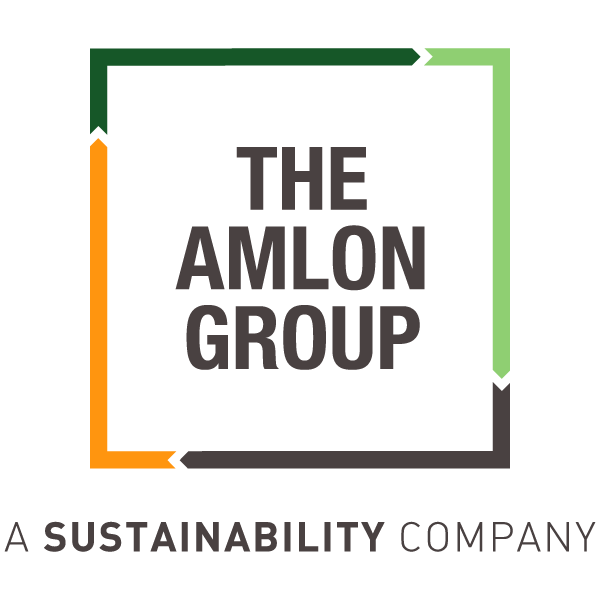
Again this year, there have been reports of shortages of containers for storing and transporting spent catalyst, which have created challenges for the refining industry.
There are two main causes of these shortages. The first is there are full bins of fresh catalyst sitting on refining sites waiting for upcoming catalyst loads. Second, there are a large number of bins waiting for an extended period, to be unloaded at spent material processors. These issues have led to a decrease in the availability of containers for the refining industry, which relies heavily on these containers to manage its spent catalyst.
The shortage of containers can lead to delays in the removal and replacement of catalyst, which can impact the timing and costs of catalyst changeouts and turnarounds. It can also create storage issues, as companies may be forced to store spent catalysts on-site for longer periods, increasing the risk of spills, footprint reduction, and potentially exceeding the EPA's 90-day clock regulation.
To address this issue, companies in the refining industry are exploring alternative solutions, such as leasing or sharing containers with other locations within their corporate entity. Some are also exploring alternative containers such as roll-off boxes, one-way containers, drums, and even liquid bins, which can help to alleviate the demand for standard catalyst bins.
Overall, the shortage of catalyst bins highlights the importance of effective waste management practices in the refining industry. Companies must be proactive in managing their waste streams by exploring alternative containers and work with spent catalyst processors that can quickly receive and process their material. Everyday counts when you are paying for containers. Your best bet is to work with a partner company that is ready with creative solutions to address any container challenges that arise.
Let's all plan ahead for this Fall's turnarounds.


